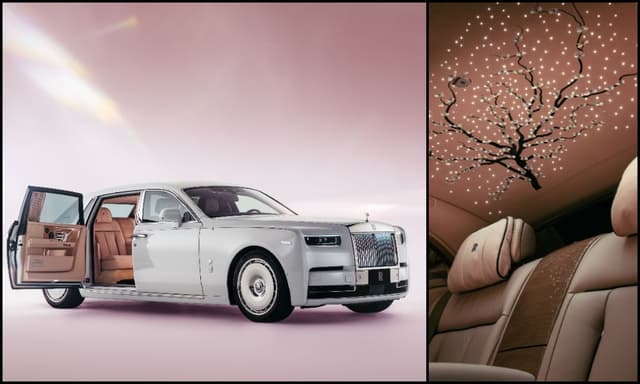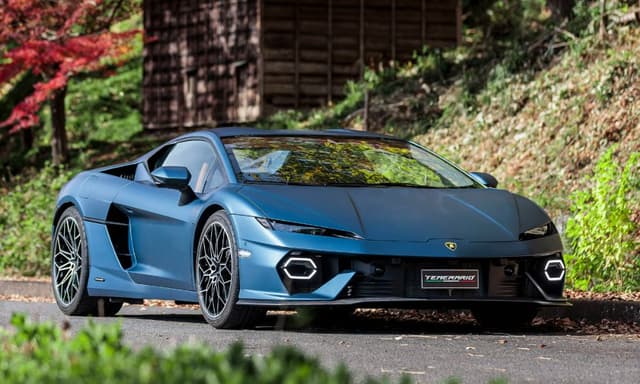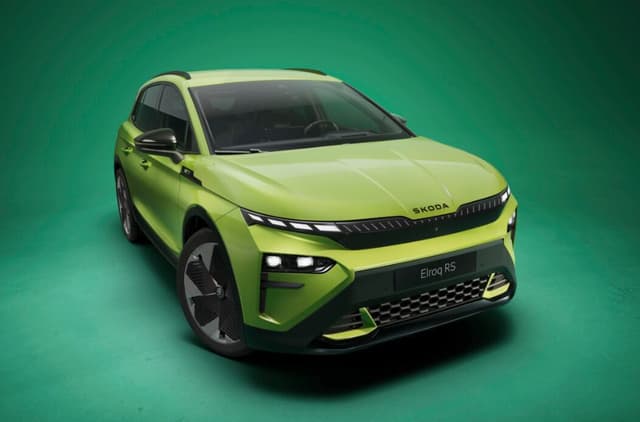F1: Ferrari's Mattia Binotto Against Any Future Engine Development Freeze

Highlights
- Binotto doesn't want future engine development blockades
- Binotto feels a development freeze does not make sense
- Binotto feels the current engines are converging in terms of performance
Ferrari's Managing Director and team principal Mattia Binotto has revealed in a broad-ranging interview with RacingNews365.com that he remains starkly any kind of engine development freeze plans, despite being one of the voices in the favour of pushing of one at the end of the 2021 season. The Ferrari boss, who previously was its technical director and head of the engine in the turbo-hybrid era was responsible for the Scuderia catching up on Mercedes after it fell behind the Brackley outfit at the advent of the turbo-hybrid era of the sport in 2014. By 2018, he became the technical director of the team and for many Ferrari had achieved parity with Mercedes.
"The DNA of Formula 1 always has to be competition, challenges and technical challenges," Binotto said in the interview. I think there should be freedom to competing in different areas. I think that has to remain important," he added.
"That's why for example, I'm fully against freezing the engines in the future, thinking of 2025. The engines should not be frozen. I think there should be still areas of competition. Within the areas of competitions, we should ask, 'can we find a system of helping the convergence in the long term?' Why not? But we still need open competition, where you may differentiate your project compared to the other competitors," the Swiss-Italian revealed who has been a consulate insider at the Maranello outfit since the days of Michael Schumacher joining the team in the mid-90s.

Ferrari has scored pole in the last two races showing improvements in its engine
Binotto who batted for the engine freeze at the end of the 2021 season found himself in a stiff position as Ferrari had still not recovered from the FIA technical directives at the end of the 2019 season which crippled its 2020 car as both the power unit and the aerodynamic concept of the car was baked in till the season started after a delay caused by the pandemic. Ferrari was also hit hard as it couldn't open its factor in Italy because it was one of the hardest-hit countries in the first wave. Its competitors weren't as handicapped.
Even in 2021, as Ferrari shows signs of recovery, it is peak horsepower where its engine continues to lag behind Honda and Mercedes as witnessed by the yuck overtakes on Charles Leclerc at Baku from both the Mercedes and Red Bull. But Binotto feels optimistic for the future and felt that in this unique case as engine freeze made sense to curtail unnecessary costs for all the teams.
"I think that the reason of the freeze for 2022, I agreed to it because I believe that by then we may have a good convergence on the performance on the power unit between manufacturers," he said.
"We can see it's already happening and I think that in a year's time we may have a good convergence. Convergence means that there will be a delta between power units, which is sufficiently negligible to lift the competition on the chassis. If we are converging, then I think we should simply make sure that everybody's spending their own money for what will be 2025," he further explained.
One of the reasons for Ferrari agreeing to the current engine freeze plans was also the fact that Honda was leaving as a manufacturer at the end of the season with it handing over its engine IP to Red Bull which created its own engine division, Red Bull Powertrains.
Red Bull had batted for a development freeze as it felt that it wasn't in the position to further develop the Honda engine - but could potentially use the IP to create a future engine. For this, it hired over 15 Mercedes engineers including Ben Hodgkinson to become its technical director.

The Ferrari SF21 still lags behind Mercedes and Honda in pure engine power
"So it's a matter of avoiding excessive spending in a period where we need really to think of a brand-new power unit," said the Ferrari boss. Binotto also revealed his thoughts on what could be the new engine formula. He batted for sustainability, but just not an electric powertrain. He believes a powerful power unit that is based on renewable fuels is key to what holds for F1's future.
"I don't know if biofuel is the right definition, I would say renewable fuels. That's the way we should approach it, the technical specifications of it. I see that full electric is not the only solution for the future of the automotive. I think that hybrid engines are certainly an alternative," he said.
"But the hybrid has to be with renewable fuels, with engines which are designed for the purpose of the electrification and the hybrid.
"That is not the case today, because we've got engines where you're plugging [in] electric parts. Now I think you've got an electric and you need to design the engines for the purpose of it. I think the alternative to full electric is engines designed for the purpose of being hybrid, powered by renewable fuels. F1 has to remain an important innovation platform for the automotive [industry], and I think that deciding the new regulations is key in that respect," he explained.
In more ways than one Binotto could be the right man to lead the charge at Maranello. He will soon have a new boss in Benedetto Vigna who comes from the technology and semiconductor industry, so his thoughts may vary on this. Vigna becomes Ferrari's CEO in September and undoubtedly, the revival of the F1's greatest team will be one of his top priority as the success of the F1 flows through from a technology perspective in its road cars as does it in its marketing and sales.
Ferrari is said to be developing a new engine for 2022 which will last till the engine freeze remains active until 2025. Ferrari is said to be making bold moves so that it can overtake Mercedes and Honda as having the most powerful engine on the F1 grid for the next 3 years.




















